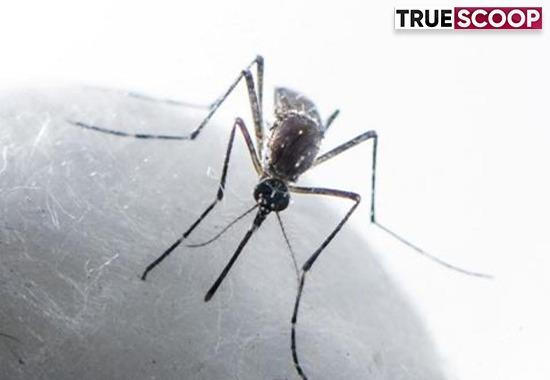Dengue is a viral infection transmitted to humans through the bite of infected mosquitoes. The primary vectors that transmit the disease are Aedes aegypti mosquitoes and, to a lesser extent, Ae. albopictus. The virus responsible for causing dengue, is called dengue virus (DENV).
In 2021, Ludhiana witnessed the highest number of dengue cases in the last five years. To avoid any such situation and with monsoons around the corner, the Health Department has intensified the drive against dengue.
Last year, a total of 1,829 cases of dengue were reported from the district of which 1,507 belonged to urban areas and 322 were from rural areas.
City residents have been urged to observe Friday as ‘dry day’ and empty their coolers, change water in the flower pots etc. Although larvae has been found in various places across the city but no dengue case has been reported from the city till now.
City residents have been urged to observe Friday as ‘dry day’ and empty their coolers, change water in the flower pots etc. Although larvae has been found in various places across the city but no dengue case has been reported from the city till now.
There are hot spots where there is outbreak every year and then there are high risk areas in Ludhiana urban which include Kailash Chowk, Bhamia Road, Chander Nagar, Janta Nagar, Model Town, Basti Jodhewal, Ashapuri, Civil Lines, Kundanpuri, Sua Road, Haibowal Kalan, EWS Colony, Shimlapuri, Salem Tabri, Shivpuri Giaspura among others.
Jaspal Singh, Businessman says " Ludhiana should adopt a model like 10 Hafte 10 Baje 10 Minute campaign” (10 weeks-10 o’clock-10 minutes) where the government asks citizens to take 10 minutes every Sunday for 10 weeks to inspect their house for any signs of stagnant water and drain it. It will ensure that there is no breeding of mosquitoes and vector-borne diseases such as dengue, malaria, and chikungunya."
"This will ensure responsibility of both adminstration and citizens."
